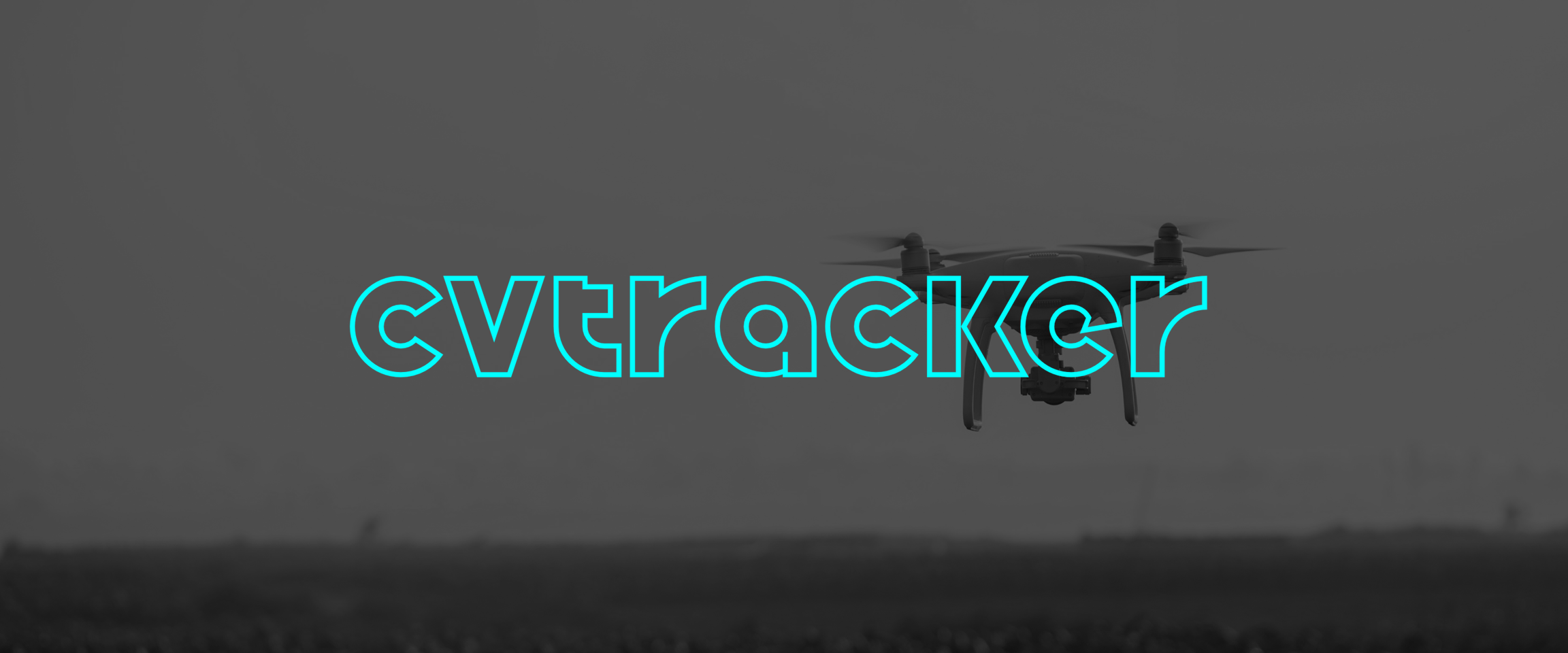Overview
C++ Ged (Changes detector) library is designed for automatic detection of subtle changes on videos. The library is implemented in C++ (C++17 standard) and utilizes the OpenMP library (2.5 standard, built in C++ compiler) to facilitate parallel computation. It does not rely on any third-party code and doesn’t include additional software libraries. The library works real-time on low-power CPU. The library is compatible with any processors and operating systems that support the C++ compiler (C++17 standard), provided the compiler has built-in support for the OpenMP (2.5 standard) parallel computing language. This library is suitable for various types of videos (daylight, SWIR, MWIR and LWIR), and it ensures accurate detection of small-size and low-contrast objects against complex backgrounds. Each instance of the Ged C++ class performs frame-by-frame processing of a video data stream, processing each video frame independently. The library inherits its interface from the ObjectDetector (provides interface for object detector, source code included, Apache 2.0 license) class, offering flexible and customizable parameters. The library is designed mainly for not moving cameras or for PTZ cameras when observing in a certain sector. The library is also used for object detection after the cameras have been moved by external command. The library compatible with low-power CPU.
Downloads
Documentation: GO TO DOCUMENATION
Demo application to check algorithms performance on your video (Windows x64): DOWNLOAD
Demo video
Simple interface
class Ged : public ObjectDetector
{
public:
/// Get string of current library version.
static std::string getVersion();
/// Init object detector.
bool initObjectDetector(ObjectDetectorParams& params) override;
/// Set object detector param.
bool setParam(ObjectDetectorParam id, float value) override;
/// Get object detector param value.
float getParam(ObjectDetectorParam id) override;
/// Get object detector params including list of detected objects.
void getParams(ObjectDetectorParams& params) override;
/// Get list of detected objects.
std::vector<Object> getObjects() override;
/// Execute command.
bool executeCommand(ObjectDetectorCommand id) override;
/// Perform detection.
bool detect(cr::video::Frame& frame) override;
/// Set detection mask.
bool setMask(cr::video::Frame mask) override;
/// Decode and execute command.
bool decodeAndExecuteCommand(uint8_t* data, int size) override;
/// This method retrieves the motion detection binary mask.
bool getMotionMask(cr::video::Frame& mask);
};
Simple example
#include <opencv2/opencv.hpp>
#include "Ged.h"
int main(void)
{
// Open video file "test.mp4".
cv::VideoCapture videoSource;
if (!videoSource.open("test.mp4"))
return -1;
// Create detector and set params.
cr::detector::Ged detector;
detector.setParam(cr::detector::ObjectDetectorParam::MIN_OBJECT_WIDTH, 4);
detector.setParam(cr::detector::ObjectDetectorParam::MAX_OBJECT_WIDTH, 96);
detector.setParam(cr::detector::ObjectDetectorParam::MIN_OBJECT_HEIGHT, 4);
detector.setParam(cr::detector::ObjectDetectorParam::MAX_OBJECT_HEIGHT, 96);
detector.setParam(cr::detector::ObjectDetectorParam::SENSITIVITY, 10);
// Create frames.
cv::Mat frameBgrOpenCv;
// Main loop.
while (true)
{
// Capture next video frame.
videoSource >> frameBgrOpenCv;
if (frameBgrOpenCv.empty())
{
// Reset detector.
detector.executeCommand(cr::detector::ObjectDetectorCommand::RESET);
// Set initial video position to replay.
videoSource.set(cv::CAP_PROP_POS_FRAMES, 0);
continue;
}
// Create Frame object.
cr::video::Frame bgrFrame;
bgrFrame.width = frameBgrOpenCv.size().width;
bgrFrame.height = frameBgrOpenCv.size().height;
bgrFrame.size = bgrFrame.width * bgrFrame.height * 3;
bgrFrame.data = frameBgrOpenCv.data;
bgrFrame.fourcc = cr::video::Fourcc::BGR24;
// Detect objects.
detector.detect(bgrFrame);
// Get list of objects.
std::vector<cr::detector::Object> objects = detector.getObjects();
// Draw detected objects.
for (int n = 0; n < objects.size(); ++n)
{
rectangle(frameBgrOpenCv, cv::Rect(objects[n].x, objects[n].y,
objects[n].width, objects[n].height),
cv::Scalar(0, 0, 255), 1);
}
// Show video.
cv::imshow("VIDEO", frameBgrOpenCv);
if (cv::waitKey(1) == 27)
return -1;
}
return 1;
}




